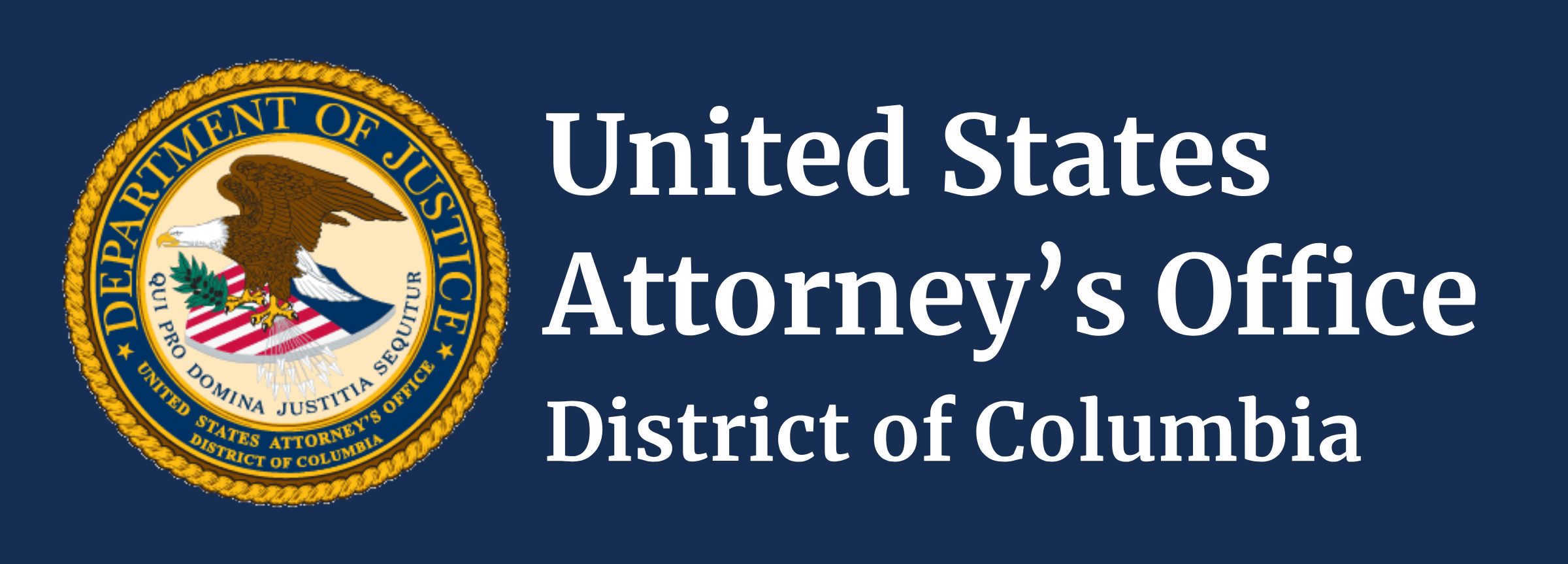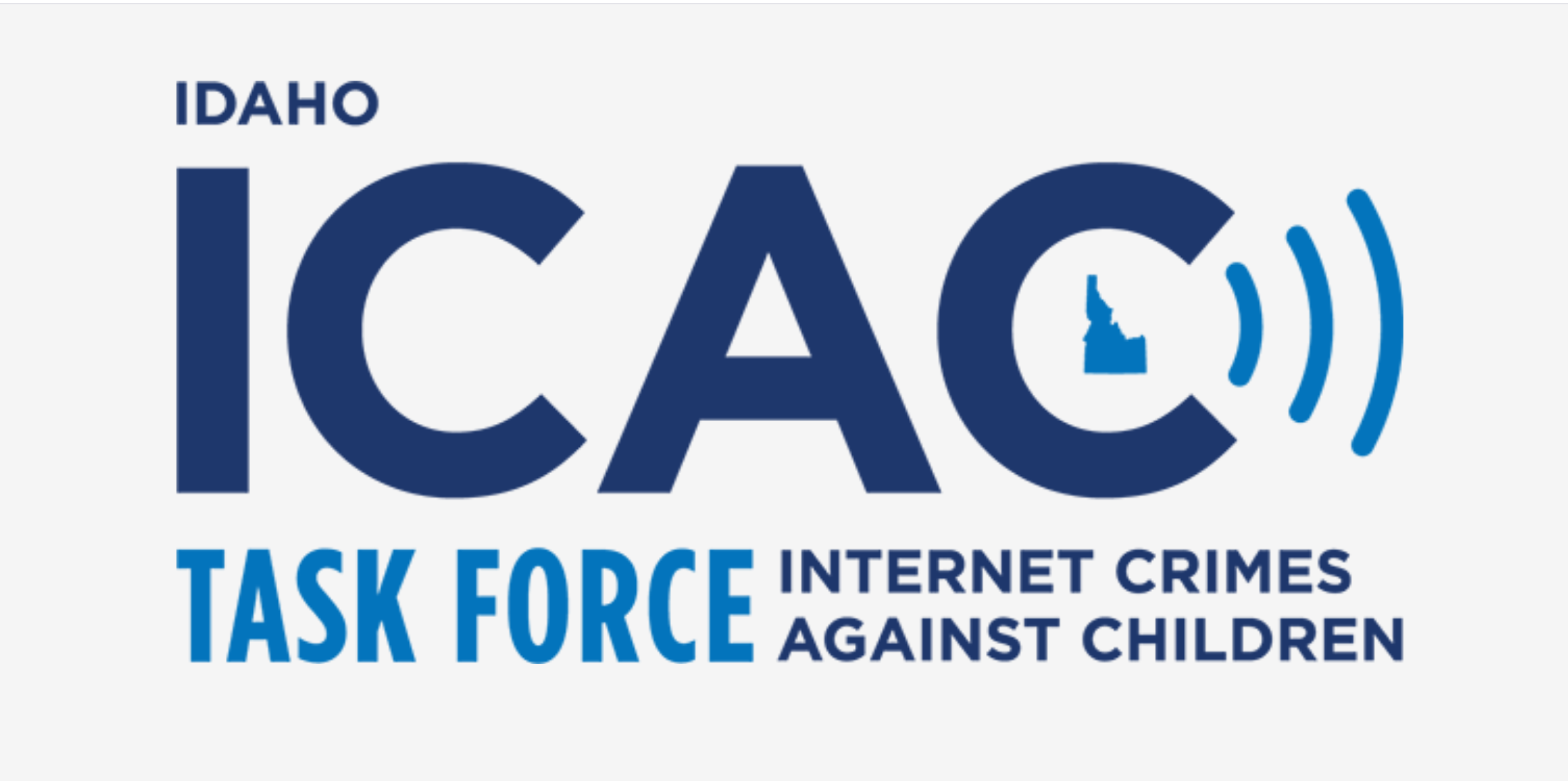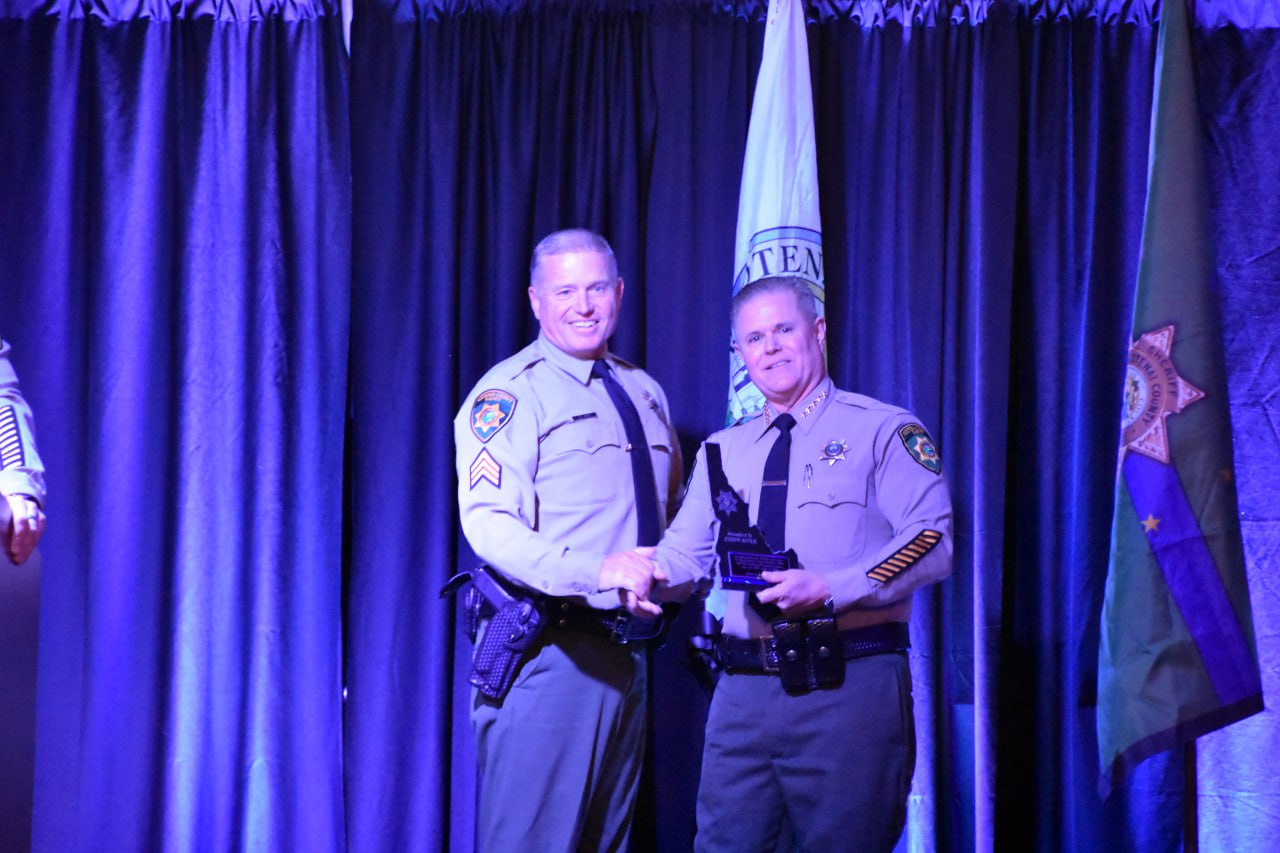COEUR D’ALENE, IDAHO – “I used to work counterterrorism,” stated Sheriff Norris as he addressed the crowd who showed up Wednesday, November 8, 2023, to learn more about current issues, and how the sheriff’s office is handling public safety. “We have identified some individuals, when I was working years ago, that their intent is nefarious to the United States of America.”
Norris went on the say that he believes, based on what is going on in the world, and the uncertainties in America, that residents in Kootenai County should, “say something, if you see something,” meaning, he wants the community to call 911 if a situation, circumstance, or individual gives the indication of causing harm.
“I think we are at a little higher risk of something happening in this nation,” Norris emphasized. “It is important that we all have a higher level of awareness.”
The sheriff says he is frequently contacted about concerns over whether or not Kootenai County is being impacted by illegal immigration. Norris conducted an investigation, and came to the conclusion we are being impacted by illegal immigration, mostly from the southern border. He based his assessment on a significant increase in demand for language interpreters from both patrol deputies and jail deputies, as well as reports from federal agencies, and the presence of foreign national inmates in the county jail.
U.S. Border Chief Patrol Agent, Lloyd Easterling, began his comments stating that we have had unprecedented amounts of traffic over the last three to four years. “The watermark year for us, before last year, was 1.6 million people. That was back in the year 2000. Last year it was 2.6 million people.” Easterling stated. He stressed that the 2.6 million figure only includes people that border patrol knows about, and that there are significant numbers of them coming across the open border who are unaccounted for in the official totals.
Easterling confirmed the images and videos depicting massive lines of foreign nationals entering the United States are real, and after processing, are mostly turned over to non-governmental organizations (NGOs).
When asked about how the U.S. Border Patrol handles the civil enforcement of immigration, and how they make an evaluation of whether or not to deport illegal foreign nationals, Easterling suggested everyone review the official memo released by Secretary Alejandro N. Mayorkas, addressing the guidelines for enforcement.
“If it is someone with an egregious criminal history, then we are going to work through kind of a rubric … to figure out if they are going to be turned over to our partners at ICE,” Easterling stated. U.S. Immigration and Customs Enforcement (ICE) would then investigate, and the criminal foreign national would be taken to Tacoma, Washington, if they were detained in Easterling’s sector. If there is little to no criminal history, the illegal is processed, and usually released right back onto the streets.
There are currently 225 border agents patrolling a 308-mile sector, known as the Spokane Sector Washington, which spans the states of Montana, Idaho, and Washington, from the Cascades to Glacier National Park.
Norris highlighted the drug trafficking issues caused by the open border when he reminded attendees that a Kootenai County sheriff’s deputy recently discovered 16-pounds of methamphetamine during a routine traffic stop, and Shoshone County deputy found nearly 10,000 fentanyl pills, which, according to Norris, is easier to manufacture and transport than other illegal narcotics.
“Fentanyl deaths are up three-fold from what they were just in 2020,” explained Norris when discussing the rate of drug overdose in Kootenai County.
Norris stated most of the fentanyl is trafficked from Washington, through the Tri-Cities and Spokane, after coming across the southern border. He told officials with the Federal Bureau of Investigation (FBI) that he would not assign any of his deputies to their task force on drug enforcement until the federal government closes the southern border. “I have my deputies working our own drug enforcement program,” the sheriff assured the crowd, who responded favorably to Norris’ decision not to participate in the FBI task force.
Easterling responded to the sheriff’s question of what it would take to get the attention of leadership within the U.S. Border Patrol to address the fentanyl problems coming from the southern border into North Idaho, by saying, “we are members of some of these other task forces … and you hit the nail on the head, the southern border is a huge issue when it comes to fentanyl, and really all hard narcotics.”
Easterling confirmed the Tri-Cities is troublesome due to its connection to the southern border, with the Interstate Highway System making easy arterials for trafficking hard narcotics throughout the Northwest regions of the United States. He stated there is a laser focus on fentanyl in the Spokane Sector, utilizing all their resources, along with federal, state, and local partners. “It galls me that we have criminals operating on our highways with impunity … we are going to do everything we can to stop this mess.” stated Easterling.
The 21-minute clip covering the exchange between Norris and Easterling can be viewed in the video below.







